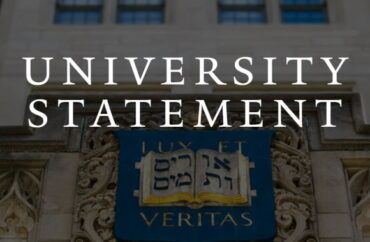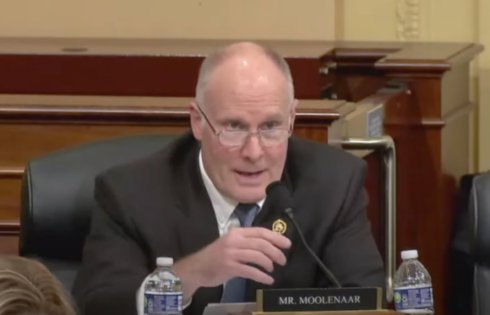
Yale University has issued a formal apology for its ties to slavery and has pledged a series of programs and financial remunerations to make up for past wrongs.
The written apology was issued Friday by President Peter Salovey and Yale Corporation’s Senior Trustee Josh Bekenstein in a nearly 2,600-word statement that pointed out “there are no known records of Yale University owning enslaved people.”
However, they added, “many of Yale’s Puritan founders owned enslaved people, as did a significant number of Yale’s early leaders and other prominent members of the university community, and the Research Project has identified over 200 of these enslaved people.”
The formal apology is the result of an undertaking that began in the wake of George Floyd’s death at the hands of police and the accompanying racial riots that gripped the nation.
“Since October 2020, the Yale and Slavery Research Project has conducted intensive research to provide a clearer and more comprehensive understanding of the university’s past,” the university stated in a news release.
“…Based on the Yale and Slavery Research Project’s findings and the university’s history,” Yale leaders announced new actions that focus “on systemic issues that echo in our nation’s legacy of slavery,” it added.
“The actions focus on increasing educational access; advancing inclusive economic growth; better reflecting history across campus; and creating wide access to Yale’s historical findings. The Yale and Slavery Research Project is part of Yale’s broader Belonging work to enhance diversity, support equity, and promote an environment of welcome, inclusion, and respect.”
Salovey’s and Bekenstein’s statement spelled out some of the reparations Yale intends to take, which includes a program that will teach regional K-12 teachers how to better inform their students about Yale’s past racism.
Yale is also spearheading a redevelopment project billed as “restorative economic development” focused on building mixed-use retail and residential spaces in Dixwell’s historically Black community center.
The Ivy League institution is also in the process of commissioning “works of art and related programming to address Yale’s historical roles in and associations with slavery and the slave trade, as well as the legacy of that history.”
On Friday, the university also opened an exhibit at the New Haven Museum to highlight the university and New Haven’s past racism.
Campus leaders have also added information about Yale’s slavery and racism links to its in-person and app-guided tours.
“Today, we mark one milestone in our journey to creating a stronger and more inclusive Yale and to confronting deeply rooted challenges in society to do our part in building ‘the beloved community’ envisioned by the Reverend Dr. Martin Luther King Jr.,” Salovey and Bekenstein stated.
Yale in 2021 also replaced a stone carving on one of its library entrances described as depicting “colonial violence.” In 2017, it removed white men’s portraits to promote diversity and renamed Calhoun College after extended protests.
The New York Times reported Yale is only the latest college to formally apologize for slavery ties: “Yale, founded in 1701, is the latest institution of higher learning to formally address its historic entanglements with slavery, along with its role in maintaining the racial inequalities that continued long after abolition. In recent years, there have been similar efforts at dozens of schools including Brown, Harvard, William & Mary, the University of Virginia, Georgetown and Emory.”
IMAGE: Yale University screenshot
Like The College Fix on Facebook / Follow us on Twitter







Please join the conversation about our stories on Facebook, Twitter, Instagram, Reddit, MeWe, Rumble, Gab, Minds and Gettr.